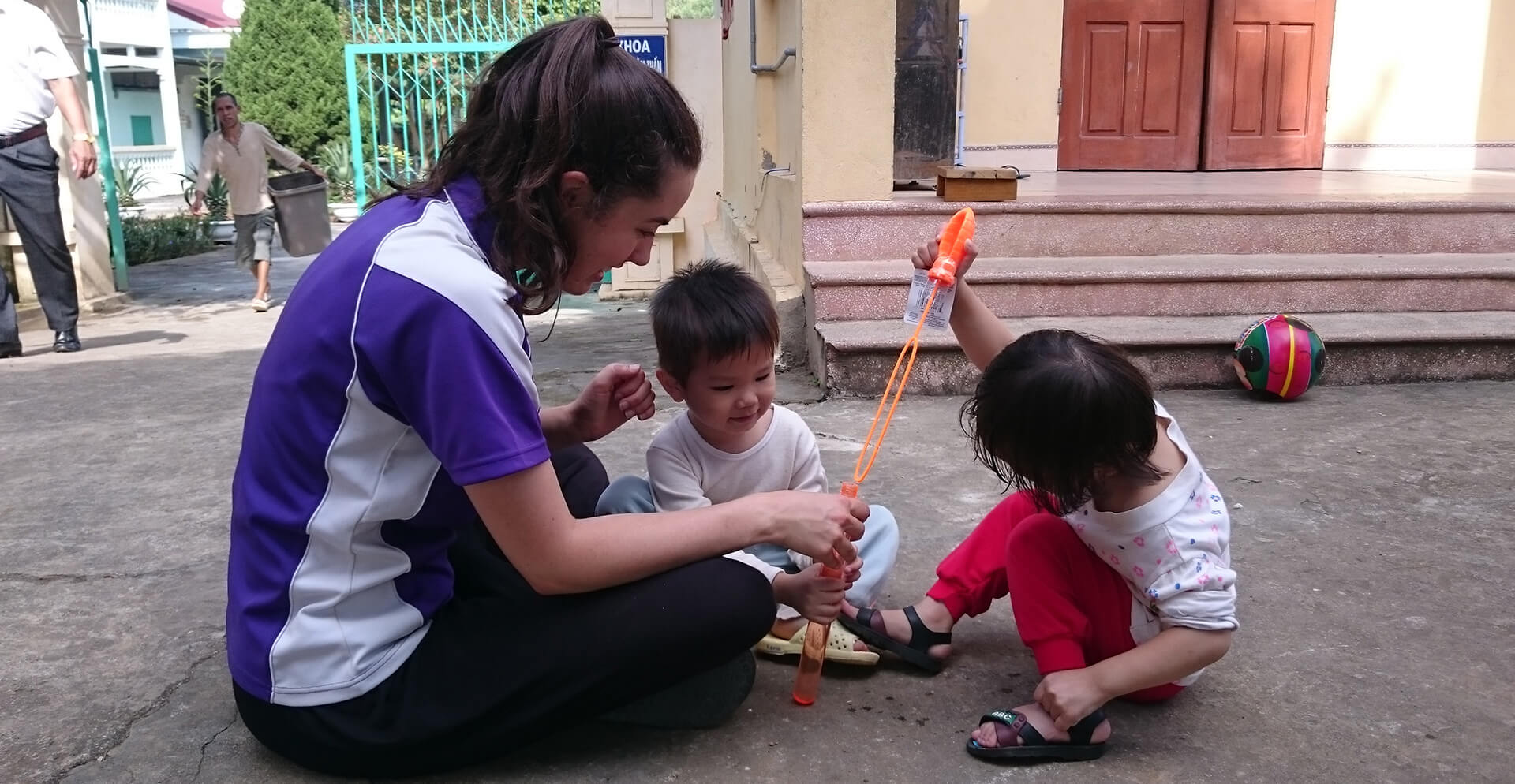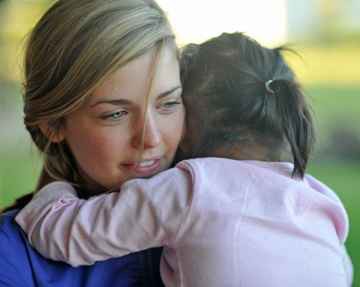
Child & Vulnerable Adult Protection Policy
About Us
 Volunteering Solutions, with a variety of projects focused on children's and disability care across different locations, prioritizes the safety and well-being of every child and vulnerable adult involved with the organization.
Volunteering Solutions, with a variety of projects focused on children's and disability care across different locations, prioritizes the safety and well-being of every child and vulnerable adult involved with the organization.
Any individual who’s below the age of 16 years is considered to be a child, and any adult who requires the help of another person due to matters of disability, illness or socio-economic conditions, is considered to be a vulnerable adult.
The organization and every staff member/ volunteer abides by the policy regulations and cautiously handles the matters related to children and vulnerable adults.
The policy ensures that strict measures will be taken in case of any physical, mental or emotional harm caused to any recipient during the placement services.
All children and vulnerable adults, who are associated with VolSol, are treated with equal dignity and respect as we don’t believe in discrimination. This protection policy ensures that both children and vulnerable adults are secure from abuse, and also volunteers have the protection from false accusation of abuse.
Basic Code Of Conduct for VolSol Volunteers
Volunteering Solutions have an experience of a decade in this field, and with time we’ve understood the need for a set of rules and regulations, not just for the welfare of the community but also for the well being of the volunteers.
No child or vulnerable adult can be taken outside of the placement site, without prior permission from the organization.
Volunteers are not allowed to take any child or vulnerable adult to any of the volunteer’s homestay, guesthouse, hotel or accommodation.
If any volunteer wants to treat the children/vulnerable adults at the placement site, he/she has to take permission from the organization.
Volunteers should be extremely warm and cordial, open minded and be accepting while dealing with the people at the placement site.
Volunteers must not exert inappropriate physical force when dealing with children or vulnerable adults that might cause fear, intimidation or distress.
Volunteers will be given a detailed Code of Conduct after arrival at the placement destination, during their Program Orientation.
Still have Questions?
Change language & currency
Currency

























